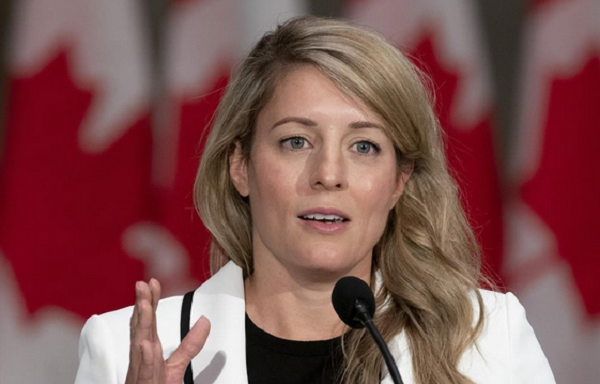Banks offering more competitive rates due to fear of losing mortgage businesses
Low real estate sales and fewer buyers have pushed the major banks to offer competitive mortgage rates that could prove helpful for homeowners facing renewal this summer and hoping to negotiate a better deal.
It comes at a time when the Bank of Canada’s key rate drop has led to confusion for homeowners over mortgage rates.
On June 5, the Bank of Canada cut the key overnight rate by 0.25 percentage points, from 5 per cent to 4.75 per cent, indicating the beginning of a rate cut cycle.
“Whenever a cycle change happens it can be a bit confusing,” said mortgage broker Ron Butler. “People’s minds might start going toward a variable rate, but the variable rate is still expensive compared to the fixed rate.”
The interest rate on variable-rate mortgages is determined by the Bank of Canada’s rate hikes or cuts whereas most fixed-rate mortgages are tied to the five-year bond yield, meaning when the bond yield goes up so does the interest on fixed-rate mortgages.
But the Bank of Canada’s rate cut does have a knock-on effect on the bond market, and with future rate cuts predicted the fixed-rate has been gradually declining, Butler said.
Banks are also competitive because fewer mortgages are being bought, he said, adding, “There’s fear that their portfolios will shrink, which is why they’re very competitive with their rates.”
The major banks will post their official rates publicly, but mortgage holders can negotiate with their lenders when it’s time to renew to find a lower rate, said mortgage broker Mary Sialtsis.
“Lenders reach out anywhere from several months to six weeks in advance of renewal and the mistake most people make is that they just sign whatever is being offered to them,” she said. “Negotiate and contact a broker to shop the market for you.”
Currently, Scotiabank is offering “aggressive rates” and has a promotional program where they offer a lower rate if a new account is opened with them. TD and BMO also had cash back promotions, Sialtsis said, but it changes daily with different deals being offered by a wide range of lenders, which is why it’s important to be diligent and contact a mortgage professional to secure the best possible rate.
Discretionary interest rates — which is when the lender can offer a rate that’s different from what they publicly publish — have dropped to 4.94 per cent for a three-year fixed rate, and 4.84 per cent for a five-year fixed rate as of June 24, said Butler.
And, if a mortgage is insured, meaning at the time of purchase the homeowner paid less than a 20 per cent down payment for a home worth less than $1 million, come renewal interest rates will be even lower than uninsured, brokers say, as lenders can offer lower rates due to the additional security of the loan having compulsory default insurance.
Homeowners who paid 20 per cent or more for their down payment at purchase are considered insurable at renewal if the home was worth less than $1M at time of purchase, and will find lower rates compared to uninsured, said James Laird, co-CEO of Ratehub.ca and president of CanWise mortgage lender.
“If you fall into the category (of insured and insurable) make sure you know how special you are,” he added.
Deciding between a variable rate and fixed rate is unique to each household, Laird said, and depends on a homeowner’s appetite for risk.
While variable rates at this time are higher than fixed, if the Bank of Canada has another rate cut or two by the end of the year, it may be more appealing for homeowners to choose a variable rate at this time, or choose a shorter term fixed rate to switch to variable rate in the next one to three years. But if the Bank of Canada keeps rates higher for longer, a five-year fixed rate might be more appropriate, he said.
“If you’re risk averse take the five-year fixed, that’s been the answer for most Canadians forever,” he said. “It’s a popular choice because it offers a sense of security and allows people to budget precisely because the mortgage payment will stay the same for the next five years. People get a lot of value from that.”
This article was first reported by The Star












